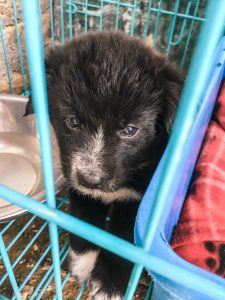WHY we need you in Nepal
- Around 25% of the population in Nepal are living below the poverty line.
- Malnutrition is particually evident in children under 5, with 36% enduring stunting.
- Children from poor families have low attendence at school, with 1 in 4 of the poorest not going to school at all.
- Nepal can experience natural disasters, such as earthquakes. This can severly impact the local structures and roads.
- Much of Nepal's population lacks access to basic medical care.
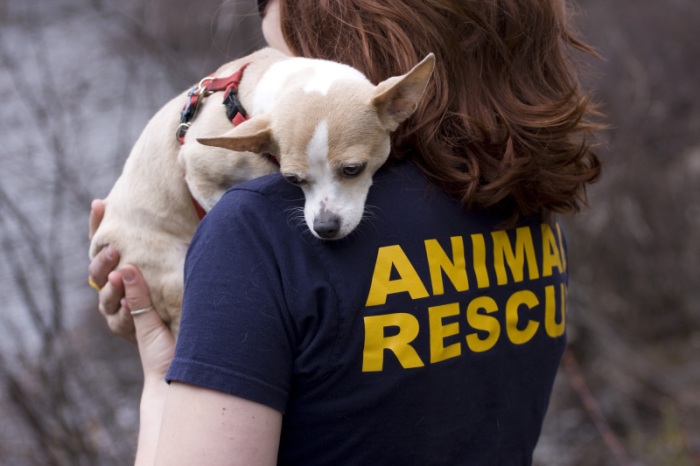
HOW can you help?
- Assist staff at local dog rehabilitation centres in Nepal, where your help is needed
- Bring along a caring attitude to love and care for these abandoned dogs, with the home of giving them a loving home
- Help to feed and care for the dogs at the home, alongside local staff
- Assist with the animal outreach program in the local community
WHAT you can do?
- Socialise with the dogs, love them and get them prepared for potential adoption
- Clean the dogs, their cages and the animal centre
- Feed and care for the dogs
- Help to find and take in stray dogs from the streets
- Educate the community about the importance of animal wealfare
Why Involvement Volunteers International?
- Non Profit Organisation & Charity
- Over 30 Years Expertise Globally
- Low Program Fees - From US$295
- Excellent Safety Record, In-Country 24/7 Support & Emergency Assistance
- 1 Application Fee - Multiple Countries
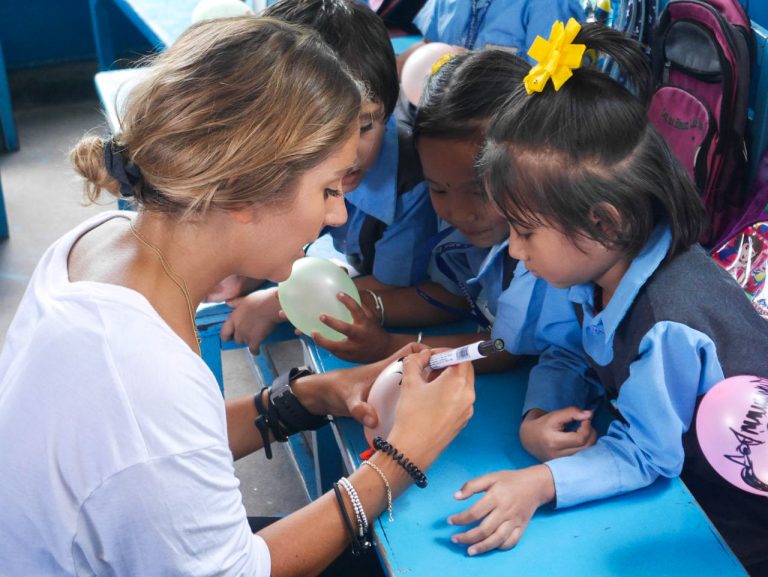
PROJECT NAME: STRAY DOG REHABILITATION
LOCATION: KATHMANDU, NEPAL
START DATES: WEEKLY (SAT/SUN ARRIVALS)
ACCOMMODATION: VOLUNTEER HOUSE (SHARED ROOMS)
MIN DURATION: ONE WEEK
MIN AGE: 18+
SPECIAL REQUIREMENTS: Rabies vaccination required
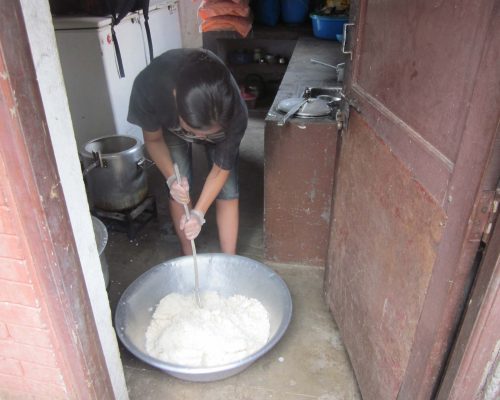
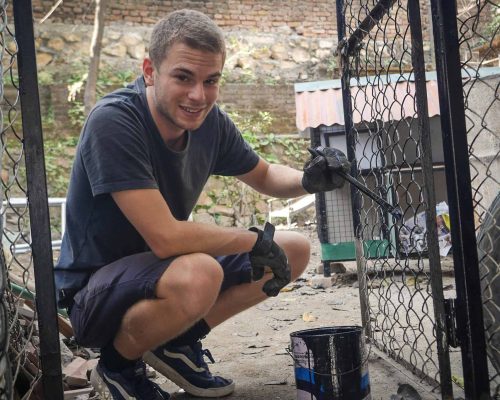

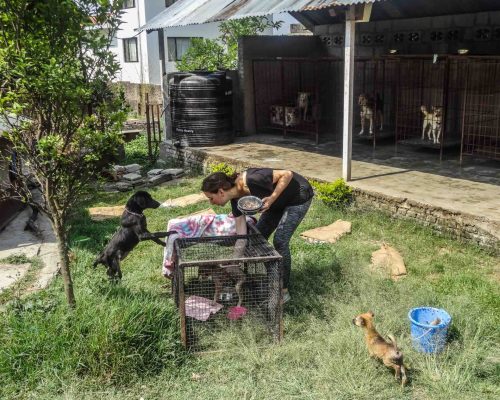
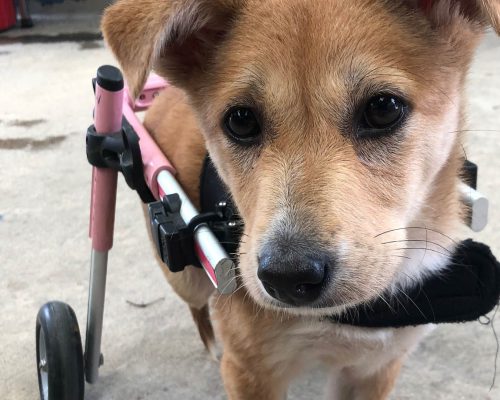
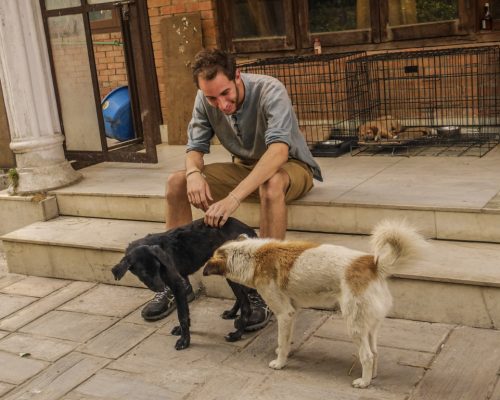
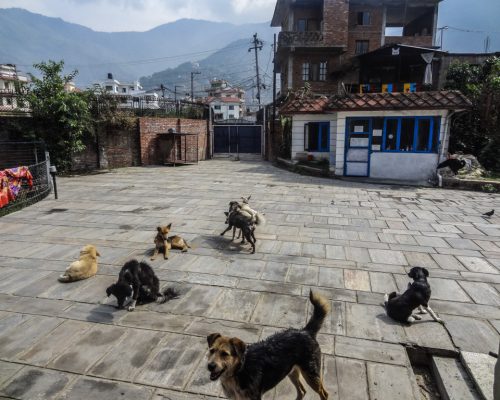
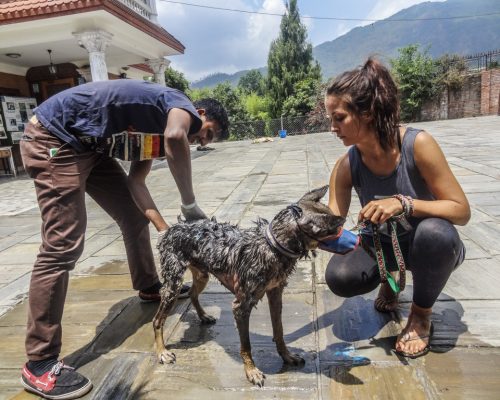
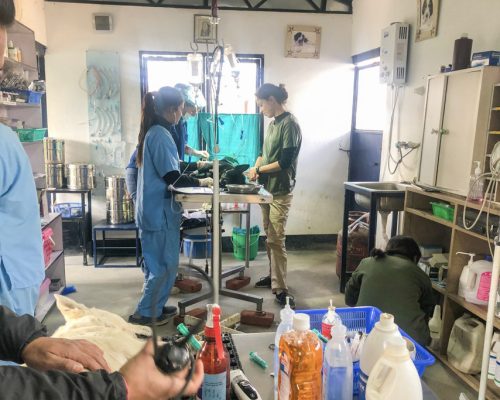
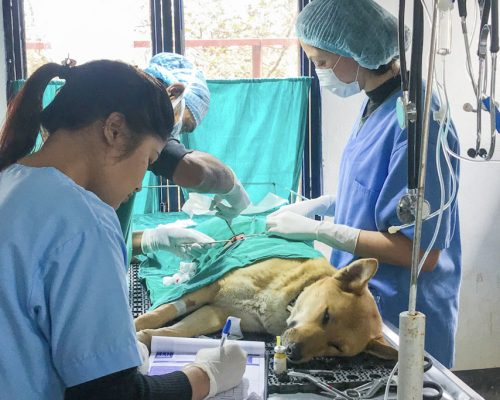
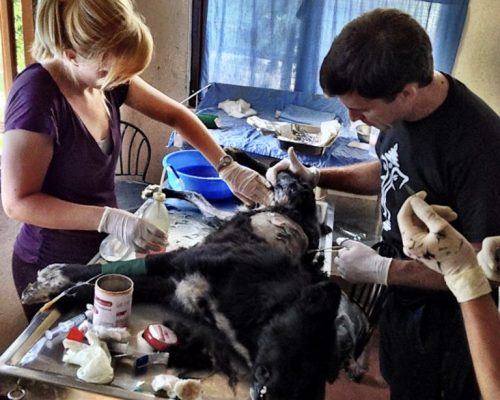
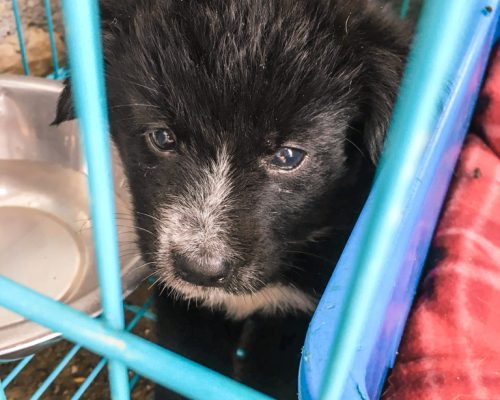
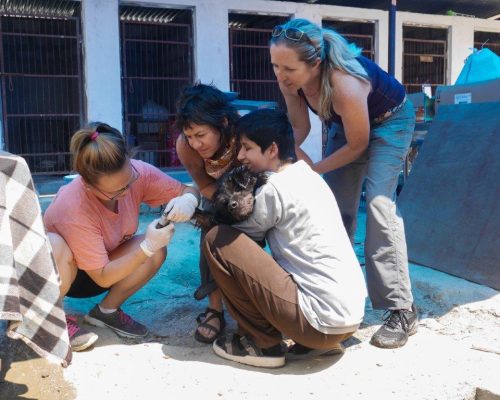
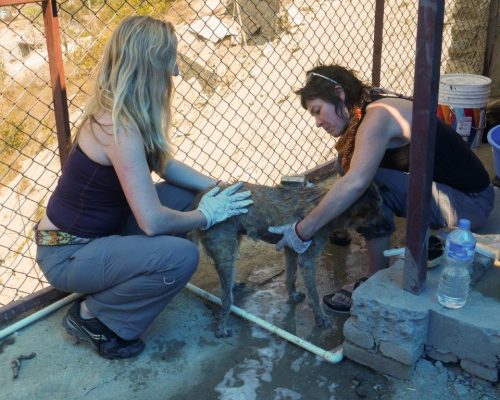
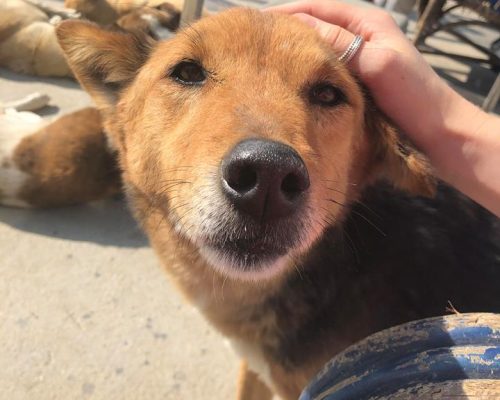
Overview
Much of Nepalese culture including many other Asian cultures unfortunately do not hold dogs with the same esteem as western cultures. It is very heartbreaking to see stray dogs everywhere in Nepal. These dogs are often starving and suffer from various skin disorders, diseases, infected wounds, parasites and related conditions.
Many pet owners do not accept responsibility for their pets which are often very poorly looked after and often kicked out of their homes once they’ve grown older. These animals are then left to fend for themselves on the streets in horrific conditions and with very little love and attention.
This program aims to rescue injured and mistreated stray dogs for rehabilitation and safe housing in pet shelters so they can be put up for adoption of released.
The project also operates the Animal Birth Control Program to educate pet owners of the importance of having dogs spayed and neutered. Animals lovers of all kinds are encouraged to apply. This may be a confronting placement but also very rewarding.
Location
Kathmandu, the capital and largest city in Nepal, is an incredible place! The contrast of decaying buildings, smell of incense, street sellers, historic temples and incredible mountain views will invigorate your senses and keep you inspired to learn more about the amazing history and culture. For several hundred years, Kathmandu was one of three rival royal cities, along with Bhaktapur and Patan. The highlight of Kathmandu has long been Durbar Square, the largest of the palace squares in the three royal cities and a UNESCO World Heritage Site. Temples and monuments of varying shapes, sizes, styles, and faiths can be found here. This small, mountain-sheltered valley is the historical centre of Nepal, a place where kingdoms rose and fell, where palaces and temples were built and rebuilt, and where Nepali art and culture was developed and refined.
Project Tasks
- To assist in the daily runnings of the dog rehabilitation centre
- feed, care for and clean the dogs and the centre
- Help with community outreach and spreading awareness on animal care
Food & Accommodation
Located in the heart of Kathmandu, about 1 hours drive from the airport, with 4-6 people sharing one room (single gender rooms). They have modern bathrooms; a modern kitchen and dining room, mini library, a fully furnished living room, wifi, TV, computer, DVD player, fans, live-in staff on call 24/7, a garden complete with a comfortable covered area and 24/7 security. Centrally located, there are several gym’s nearby as well as local supermarkets, ATM’s, mobile phone shops etc.
*For couples or those wanting more privacy, there are upgrade accommodation options available for an additional cost (approx US $150 p/room p/week). This must be booked well in advance and is subject to availability.
You will be provided with three meals a day on weekdays and two meals per day on weekends. The meals are a mix of Western and Nepalese food, consisting mainly of vegetarian dishes including rice and vegetables. You can expect to have a chicken dish about once per week. You can also choose to eat out at any of the local restaurants.
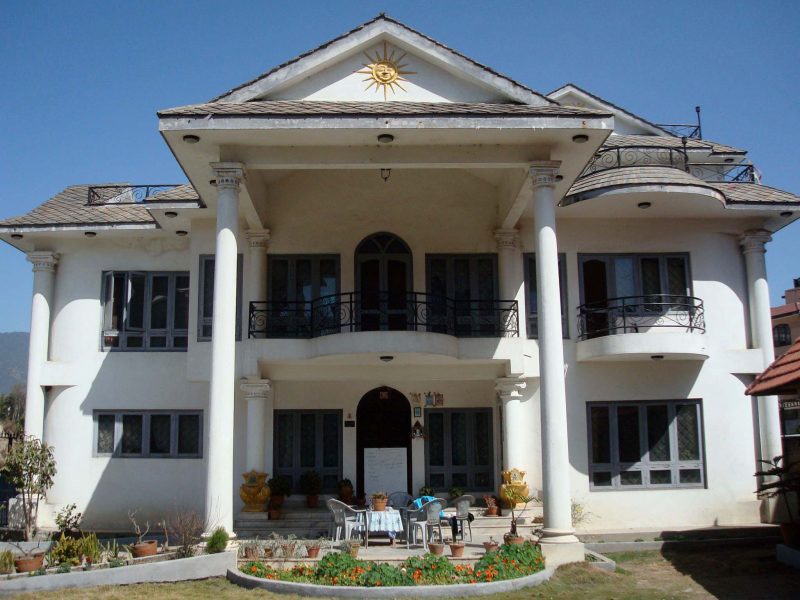
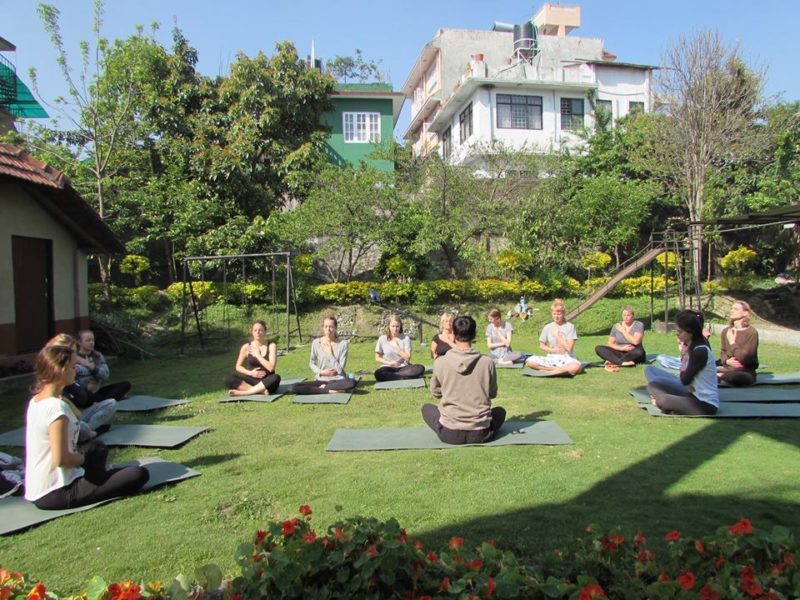
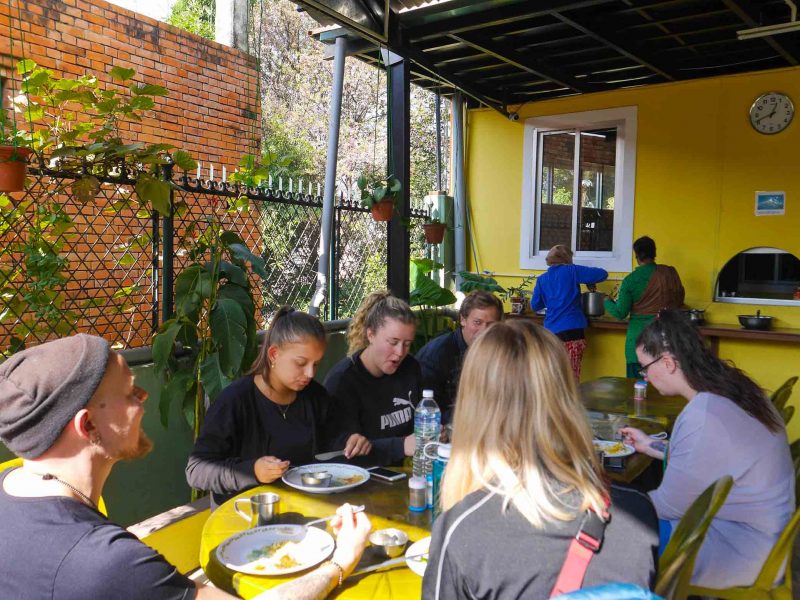
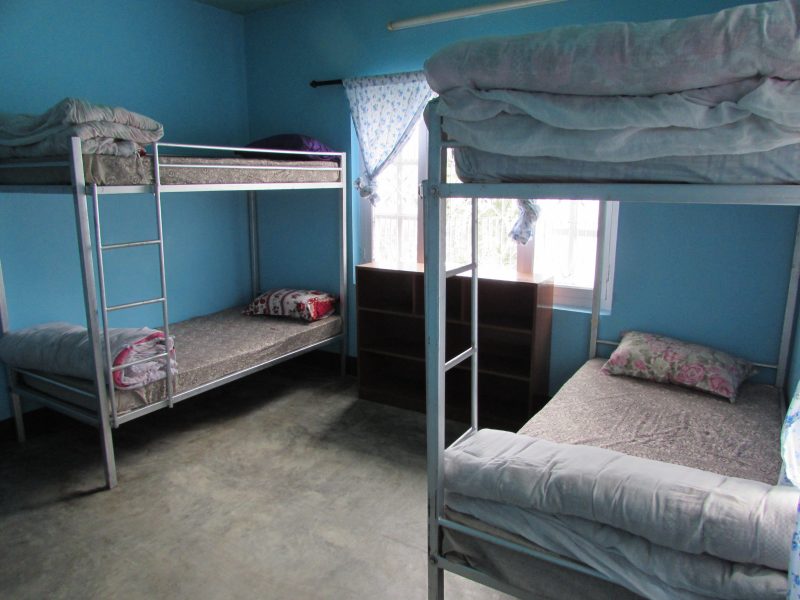
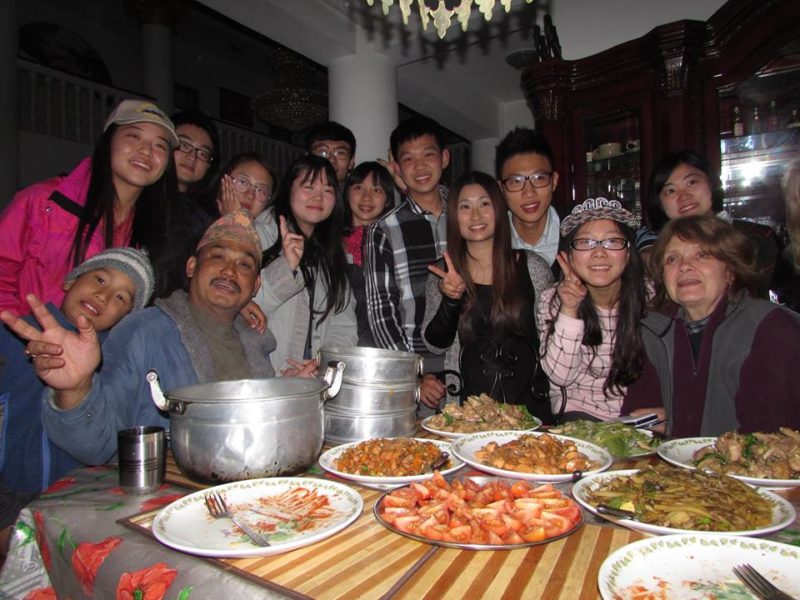
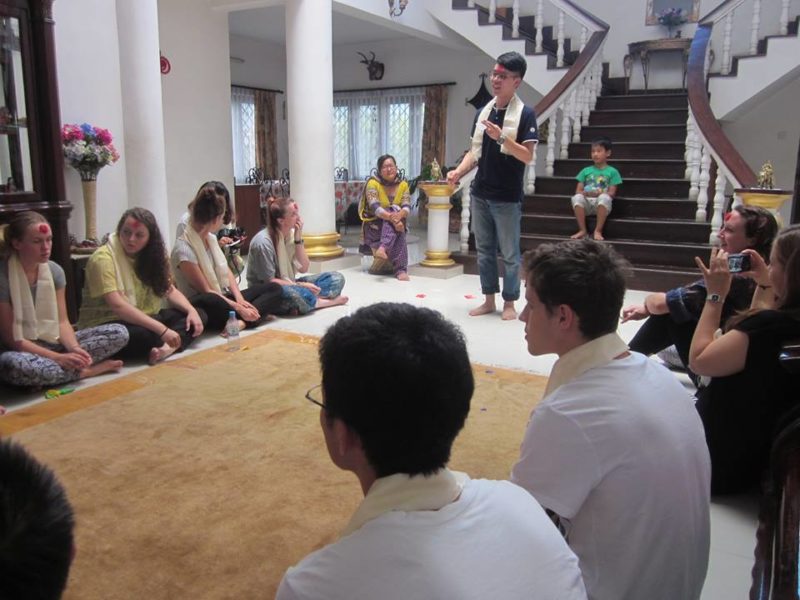
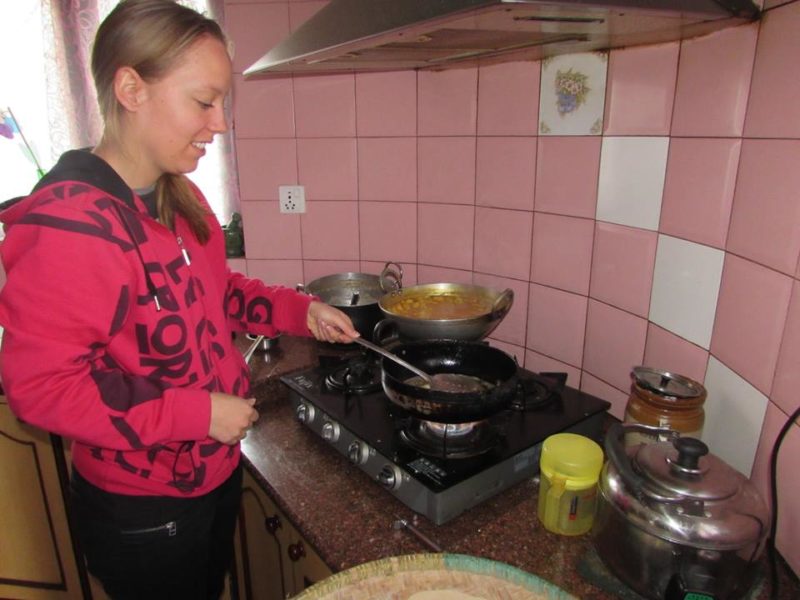
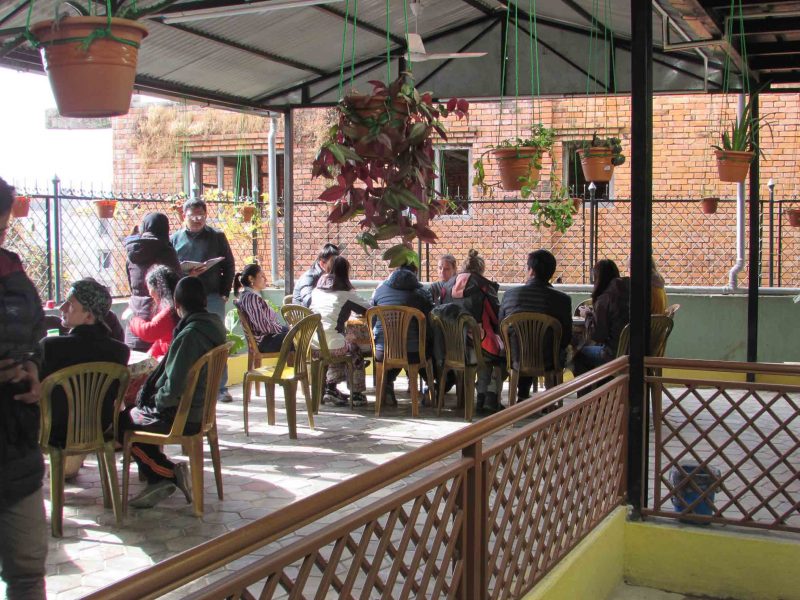
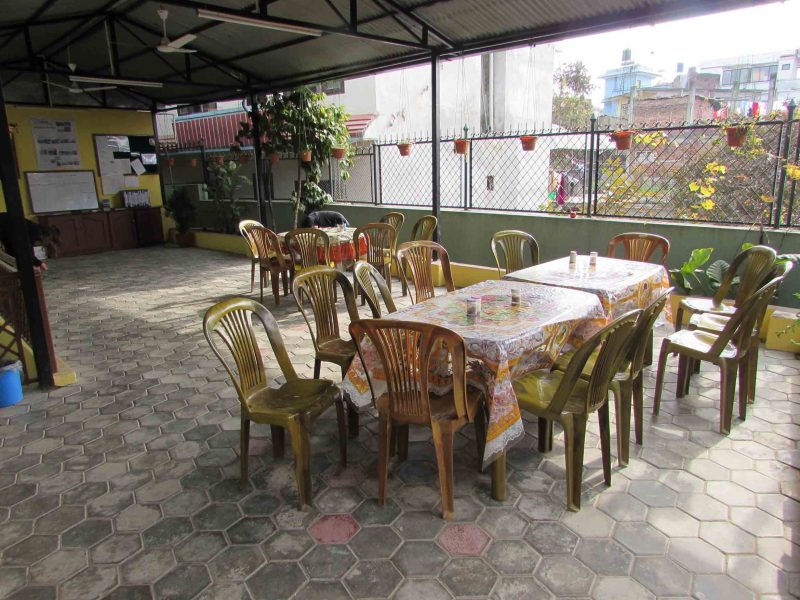
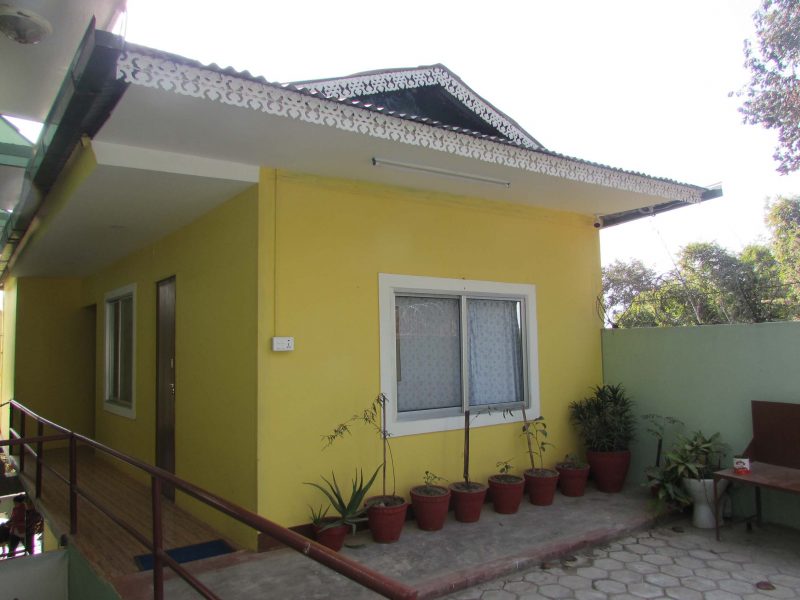
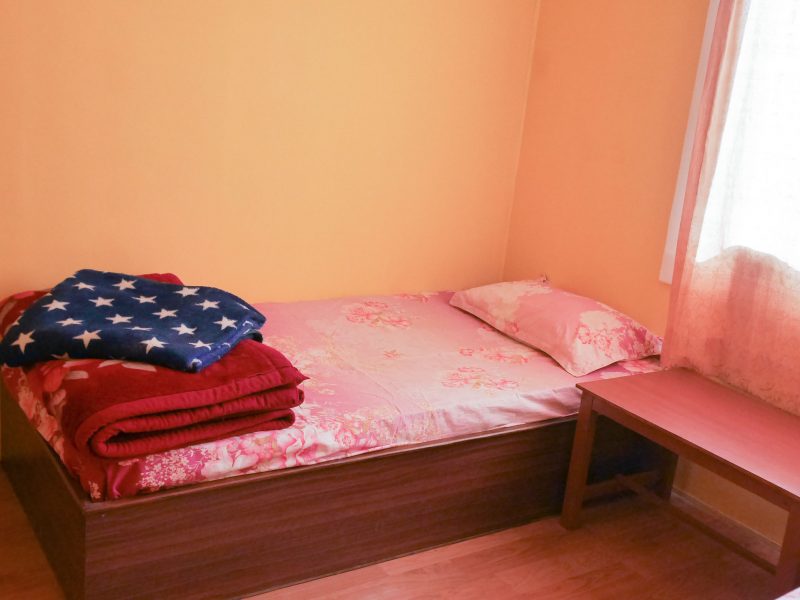
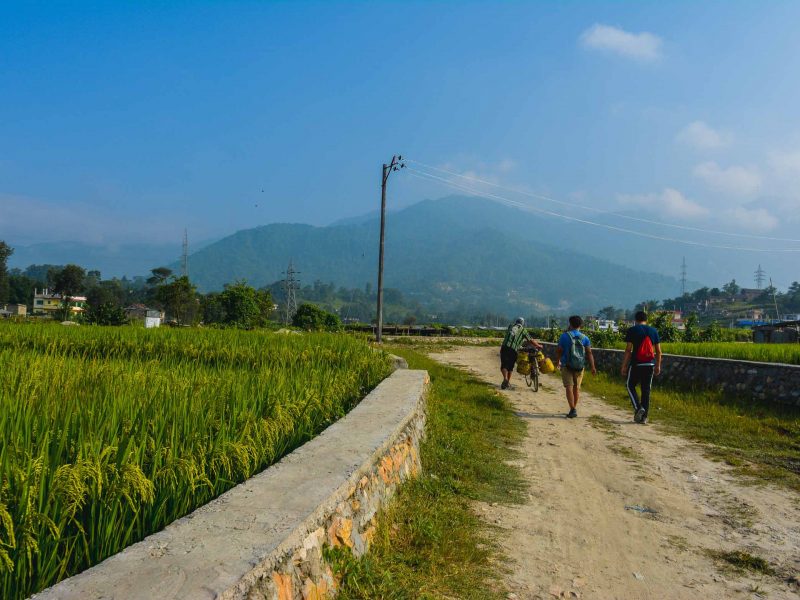
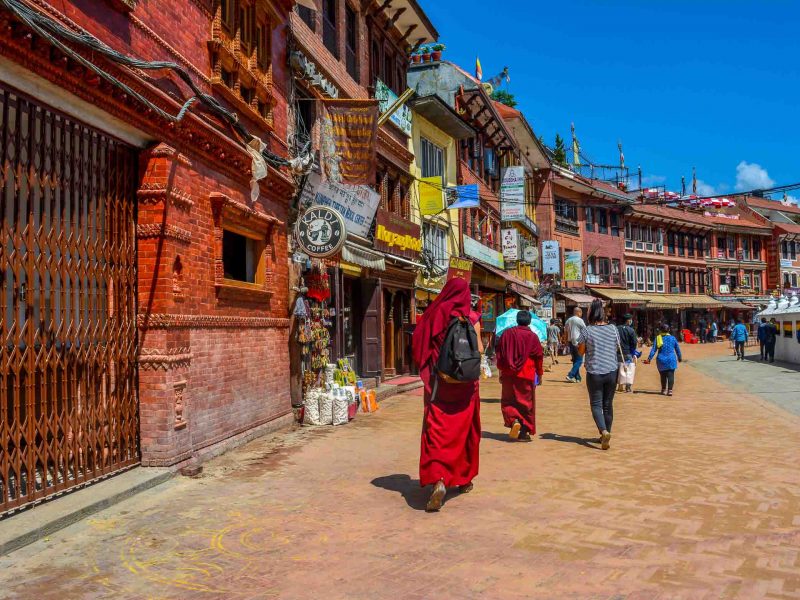
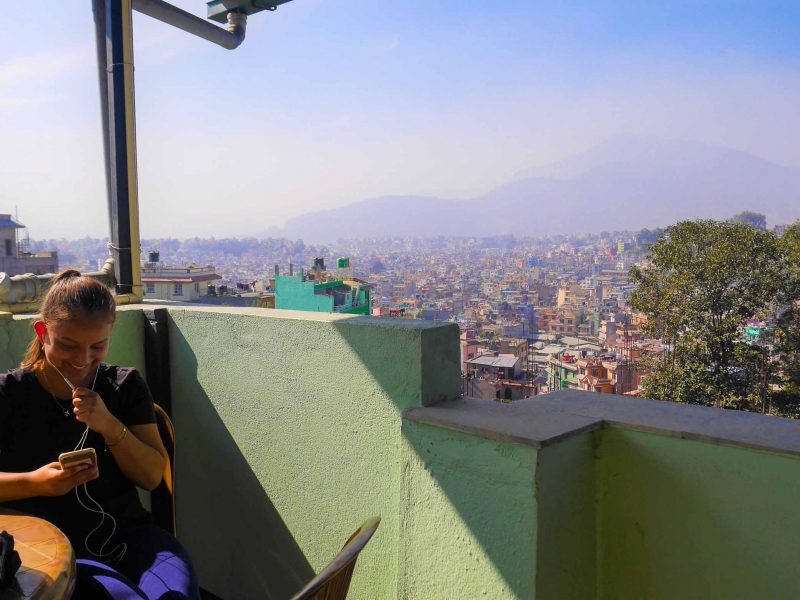
Standard
Projects
- *Cultural Orientation Week Kathmandu
- Primary School Teaching Kathmandu
- *Stray Dog Rehabilitation Kathmandu
- *Community Construction Kathmandu
- Woman's Empowerment Kathmandu
- Kindergarten Kathmandu
- English Teaching Pokhara
- Kindergarten Teaching Pokhara
-
1 Week - $395
-
2 Weeks - $510
-
3 Weeks - $725
-
1 Month - $945
-
2 Months - $1795
-
3 Months - $2695
What's Included
-
Accommodation
-
Meals
-
Airport Pickup
-
Local Transportation
-
1 Day Orientation
-
24/7 In-Country Support
-
Project Materials & Equipment
-
Pre-departure Expert Advice
-
Preperation Tools & Checklists
-
Certificate of Completion
- Application fee is one off per person (unlimited placements)
- Click Here to convert the below prices to your local currency
- Discounts may apply if travelling in a pair or group!
- All credit card /international fees included in below pricing! 🙂
Testimonials...
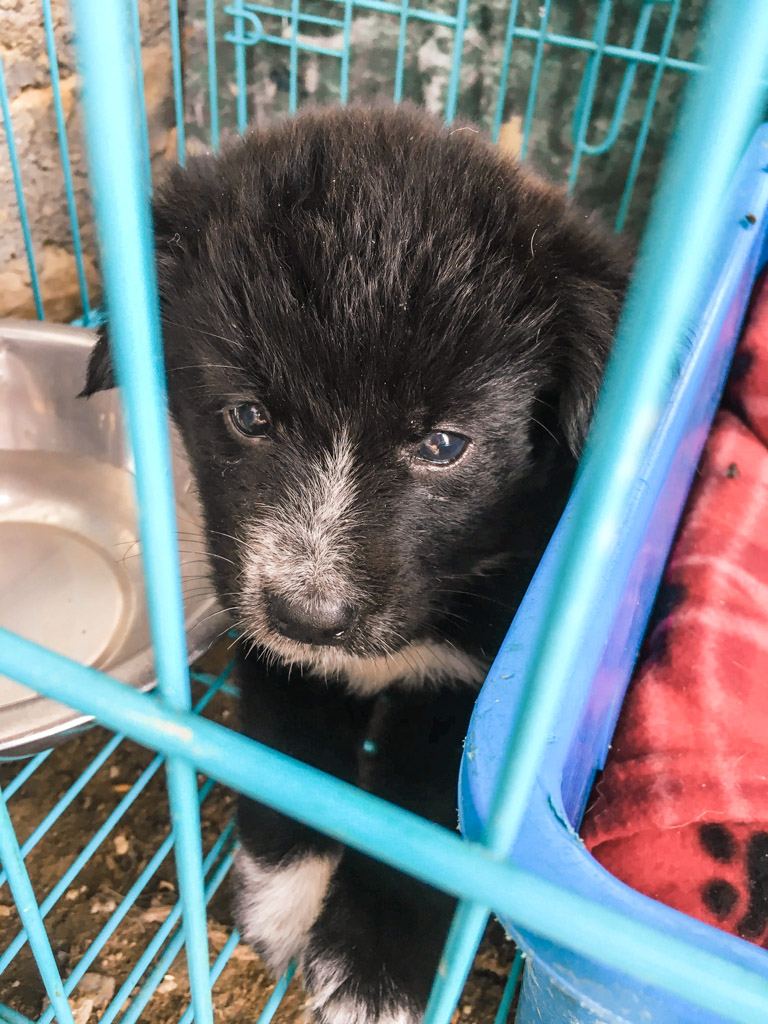
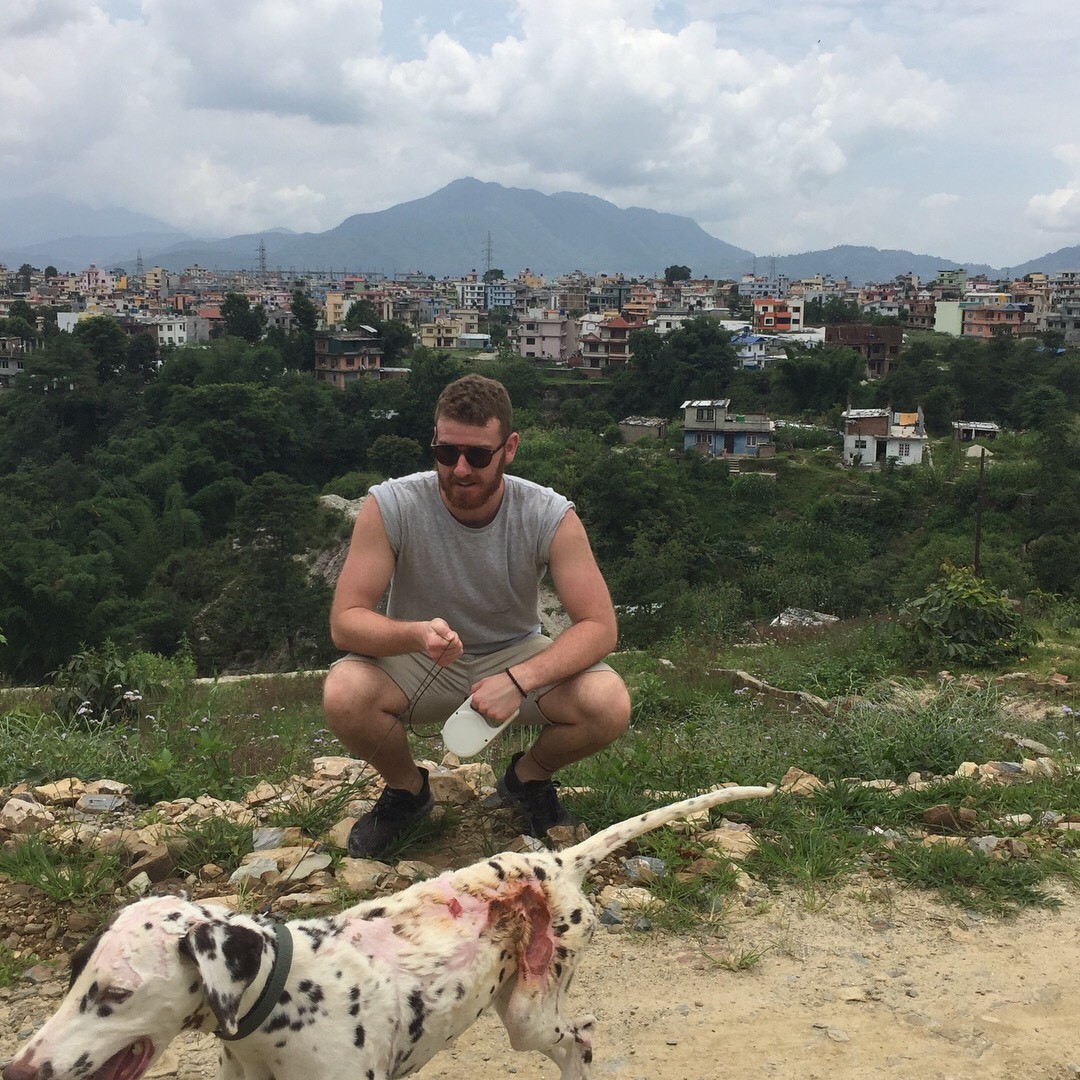

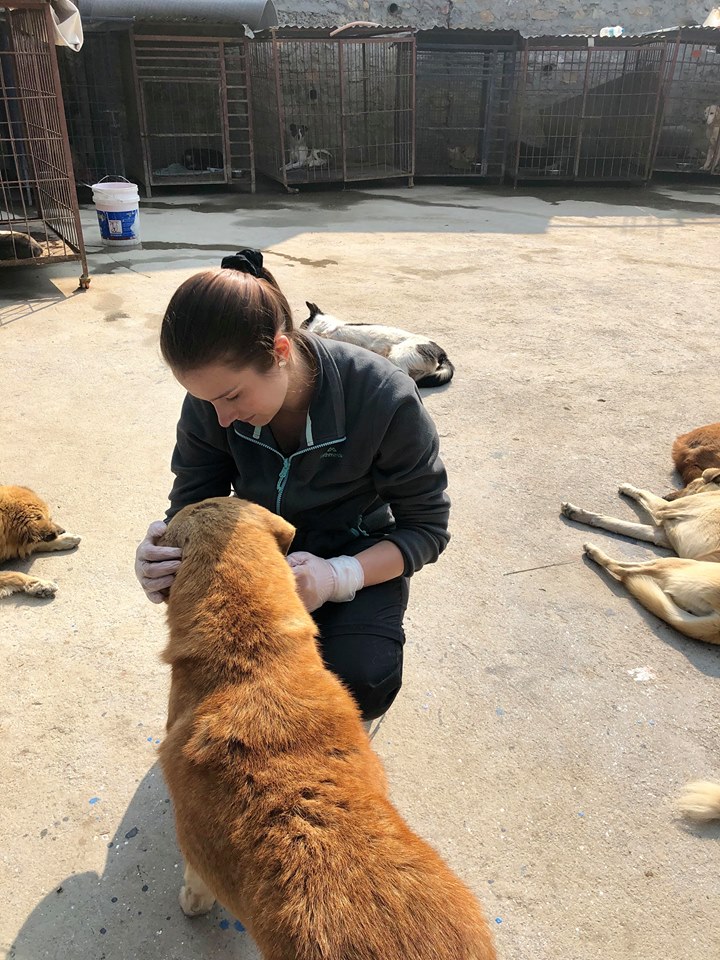
FAQ
This may be a confronting placement but also very rewarding. These animals need love, attention and support, as well as to feel secure in their environment. If you have a calming and positive attitude, plus a love for animals, then your help here will be much appriciated.
- Accommodation
- 3 meals p/day weekdays / 2 meals p/day weekends
- Arrival airport transfer (Sat/Sun arrivals)
- Filtered drinking water, coffee & tea
- 1 day orientation
- Daily transportation to project
- In country 24/7 support & emergency assistance
- Fundraising support
- University course credits (where applicable)
- Certificate of Completion
- Airfares
- Travel Insurance
- Tours, Souvenirs & spending money
- Introduction meeting, General rules, Setting Expectations, Advice on Health and Safety and insuring you have all your documents.
- Do’s and Don’ts, Cultural introduction, learning about the countries history
- Tour around the accommodation and local area.
Programs begin every Monday, and volunteers are required to arrive the day prior, for orientation before the project. Your accommodation on the Sunday is included in the program fees.
A free airport pickup is included when arriving to Tribhuvan International Airport (KTM). You must arrive between the hours 06:00 to 24:00 on Sunday.
If arriving outside the pickup times on Sunday, you can book a private transfer for US$50.
If arriving during the week, or on Saturday, we charge US$50 for any extra night’s accommodation before your program, and another US$50 fee for a private transfer.
Alternatively, if arriving early you could wait at the arrival’s terminal for the pickup time, book accommodation at the airport and meet us during the pickup times or make your own way to the project (we will advise on how to do this).
From the airport to Kathmandu accommodation, it takes 45 minutes by taxi.
You will mostly be assisting staff at the centre with the daily duties, such as cleaning, feeding, bathing the dogs and walking them. You can also get involved in the Animal Birth Control Program to educate pet owners of the importance of having dogs spayed and neutered.
The weekends are always open for your leisure. The local team will assist you in organising additional travel plans with heaps of local knowledge. Shopping in Kathmandu is an experience all its own. Thamel, Kathmandu’s tourist hotspot, is where shoppers can find Nepalese, Tibetan and Indian artifacts, woodcarvings, handicraft and an assortments of unique clothing and apparel. There are also several malls where you can find fashionable clothing and grocery stores, offering everything from wine to breakfast cereals. There are numerous dining options available throughout the city, including Italian, Indian, Thai, Korean and Chinese in addition to a variety of local cuisine.
- Important: Please ensure that you have been vaccinated for rabies.
- Gloves.
- Surgical masks.
- Antiseptics.
- Disinfectants.
Nepal is one of the most beautiful and culturally rich countries in the world. Nepal first opened its borders to outsiders in the 1950s. It is home to Mount Everest, the birthplace of Buddha, and an astonishingly beautiful landscape, ranging from the well-known peaks of the Himalaya to the low-lying regions of the Terai.
The Nepali people are as diverse at the geography, with over 70 languages or dialects and scores of traditional festivals celebrated throughout the year.
However, Nepal is also one of the most under-developed countries in the world, with low rates of literacy, high rates of poverty and a persistent gender imbalance. The government is frequently unable to provide adequate education and health facilities throughout the country and both urban and rural areas are forced to live without necessary resources to promote growth and development of their communities.
Nepal is a year round destination, and the cliate can vary between the North and South regions. The best overall times to visit are during spring and autumn (particually for trekking).
December to Febuary is winter, and it can get extremely cold in the mountains (down to sub zero). Summer in this region has a pleasent temperature but still bring some warmer clothing for the evenings.
Summer in southern Nepal can get extremely hot (plus 40°C) in some areas. Winter temperatures in this area can range from 7°C to 23°C.
Kathmandu has a pleasent climate on average. The monsoon rains start from June to September in Nepal.
The majority of Nepalis are either Hindus or Buddhists, but there are many other religions here too like Islam, Christianity, Jainism and Sikhism. You will find many temples and monasteries around Nepal. The right hand is used for important things such as passing money, eating and the giving of gifts.
Nepalese people love their food and much of it has been influenced by Indian and Tibetan cultures. Nepali people have a lot of respect for elders and will call each other didi (“older sister”), bahini (“younger sister”), etc, even if they are not actually related. The family unit is very strong and having a close knit family is important for the local people.
30 Years Non Profit Experience
IVI is an Australian charity & non profit organisation founded in 1989 and is one of the pioneers of overseas volunteering successfully placing over 20,000 volunteers globally.
Affordable Volunteer Travel
Safe & Responsible Projects
Work Experience & University Credits
Weekends & Extra Tours
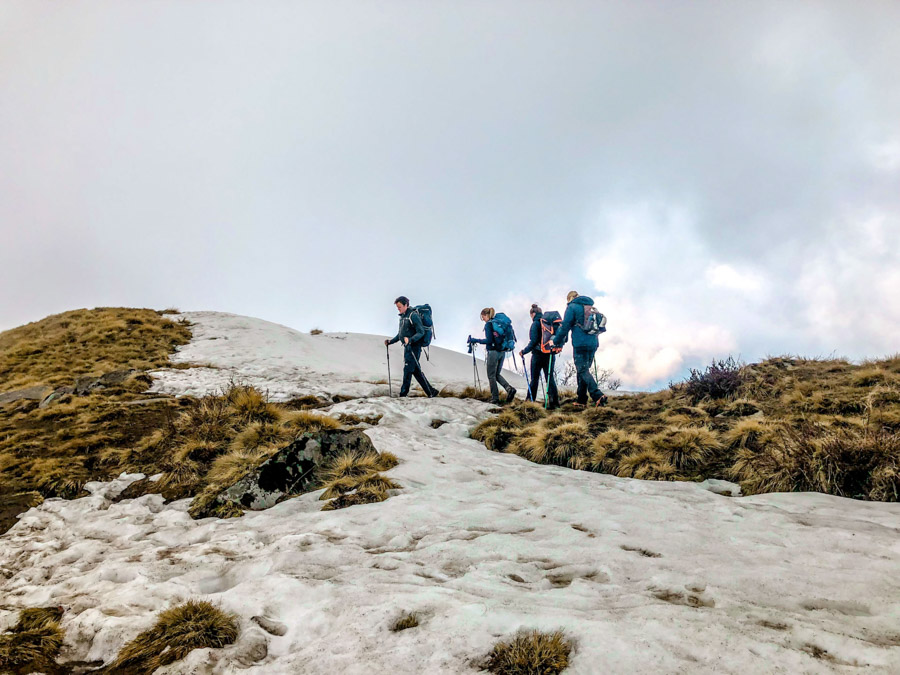
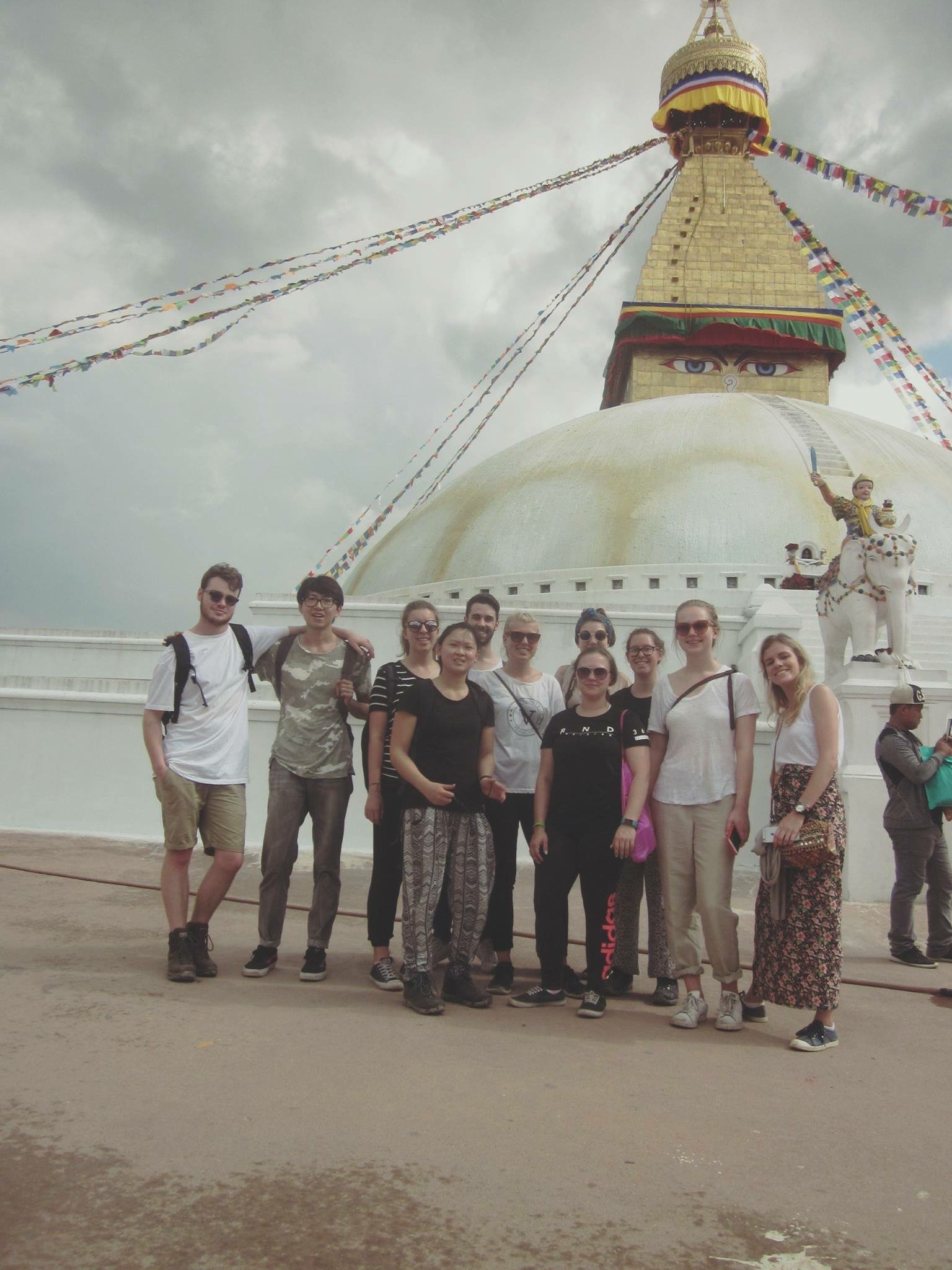
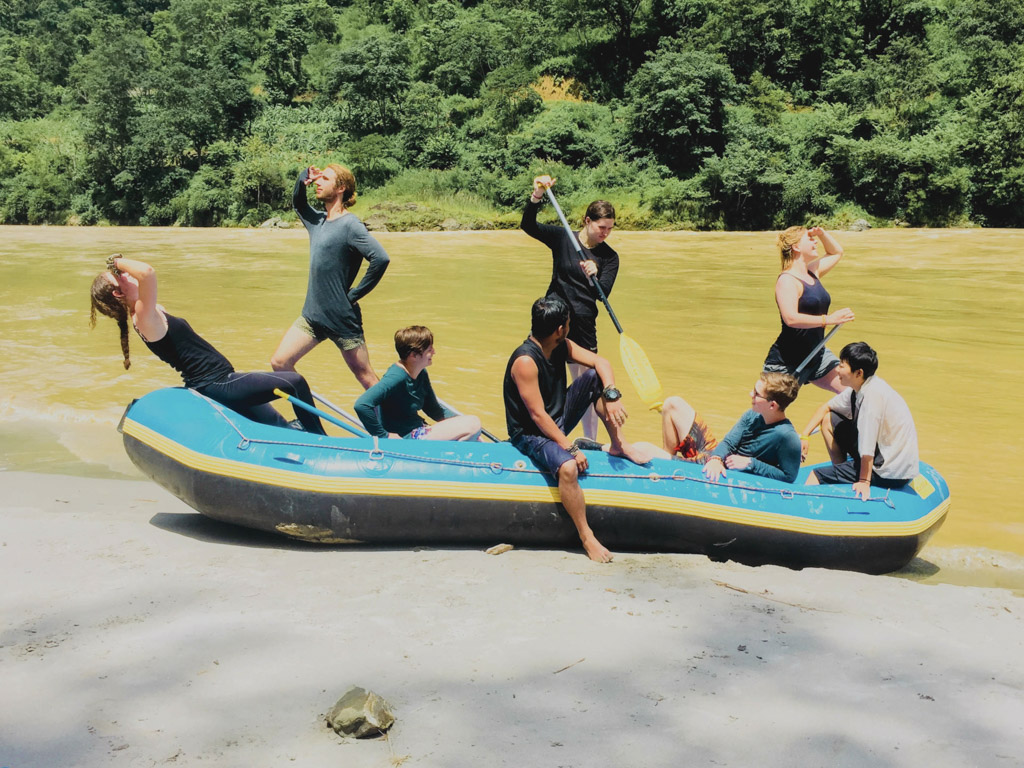
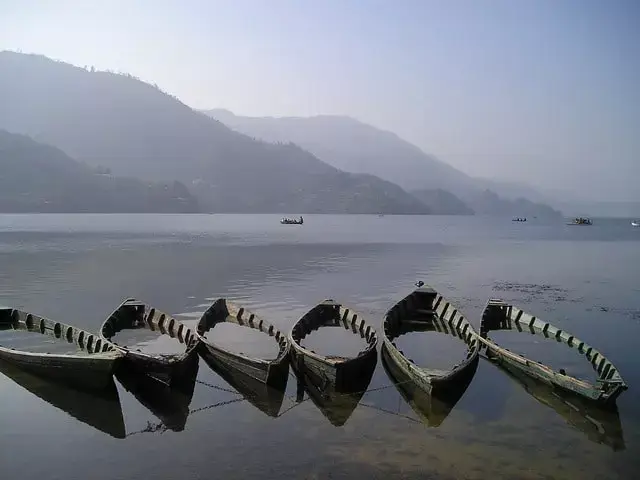
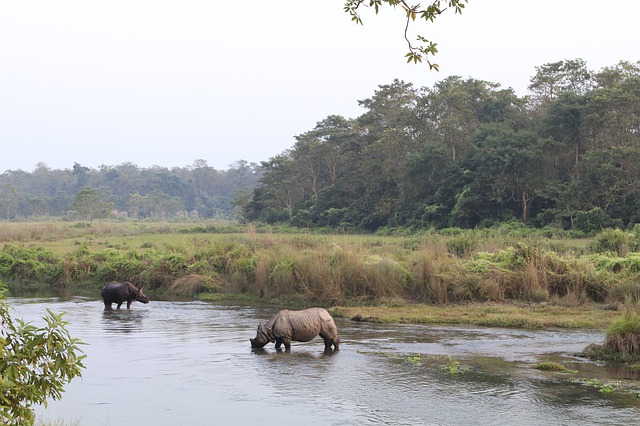
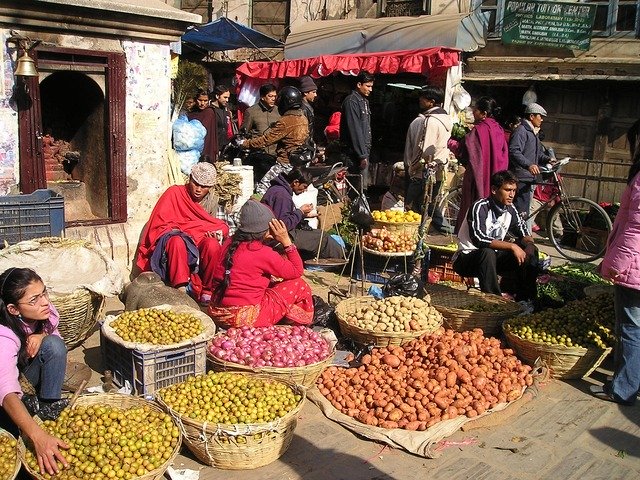
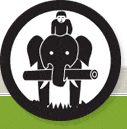 Involvement Volunteers International
Involvement Volunteers International 